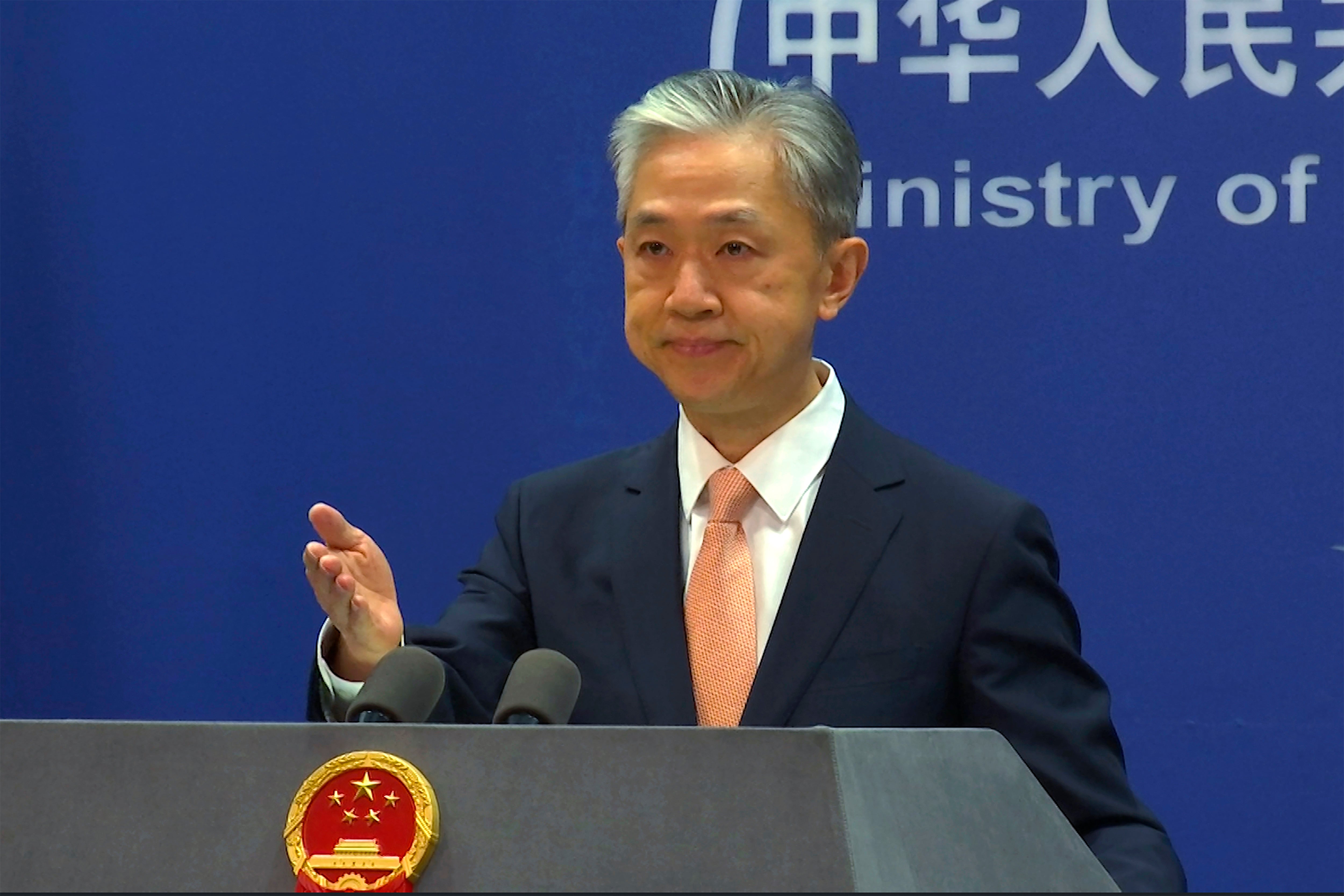China sends ships into Pacific amid Japan security moves
A squadron of Chinese Navy ships sailed through straits near Japan into the Western Pacific this week, while Beijing blasted Tokyo's adoption of a new national security strategy putting itself on a more offensive footing, largely as a result of the perceived threat from China

A squadron of Chinese Navy ships sailed through straits near Japan into the Western Pacific this week, while Beijing on Friday blasted Tokyo's adoption of a new national security strategy putting itself on a more offensive footing — largely as a result of the perceived threat from China.
The destroyers Lhasa and Kaifeng, and a replenishment ship, sailed through the Osumi Strait in southern Japan, while a Dongdiao-class surveillance ship with the hull number 796 sailed through the Miyako Strait south of Okinawa, all arriving in the Western Pacific by Thursday.
Japan’s Defense Ministry said the craft were closely shadowed by Japanese ships and planes throughout.
The Communist Party newspaper Global Times on Friday cited unidentified experts saying the mission “sent a signal amid Japan’s recent militaristic moves” that will display the People's Liberation Army's “capabilities in safeguarding China’s national sovereignty, territorial integrity and development interests."
China routinely sends warships through straits between Japanese islands, even while it vehemently objects to the presence of foreign navy ships in the Taiwan Strait. All are classified as international waters.
Late last month, Russian and Chinese strategic bombers also flew over the Sea of Japan and the East China Sea during an eight-hour mission in a show of increasingly close defense ties between the two countries.
Facing challenges from North Korea, China and Russia, Japan on Friday adopted a national security strategy declaring plans to possess preemptive strike capability and cruise missiles within years.
The strategy named China “the biggest strategic challenge” to Japan’s effort toward ensuring peace, safety and stability for itself and international society.
Japan’s post-World War II policy prioritized economic growth while keeping its security light by relying on American troops stationed in Japan under their bilateral security agreement.
But experts say China’s growing influence, Russia’s invasion of Ukraine and fear of Taiwan emergency prompted many Japanese to support increased capability and spending. China also says a group of tiny, uninhabited East China Sea islands controlled by Japan and Beijing regularly stokes resentment over Japan's brutal occupation of much of China more than 75 years ago.
Japan plans to spend 5 trillion yen ($37 billion) to deploy foreign-developed standoff missiles as early as 2026, including Lockheed Martin’s Tomahawk and Joint Air-to-Surface Standoff Missile, while Japan’s Mitsubishi Heavy Industry develops a surface-to-ship guided missile.
Chinese Foreign Ministry spokesperson Wang Wenbin reiterated accusations Japan was “ignoring facts, deviating from its commitment to China-Japan relations and the common understandings between the two countries, and groundlessly discrediting China."
"Hyping up the so-called China threat to find an excuse for its military build-up is doomed to fail," Wang said at a daily news briefing.
Bookmark popover
Removed from bookmarks